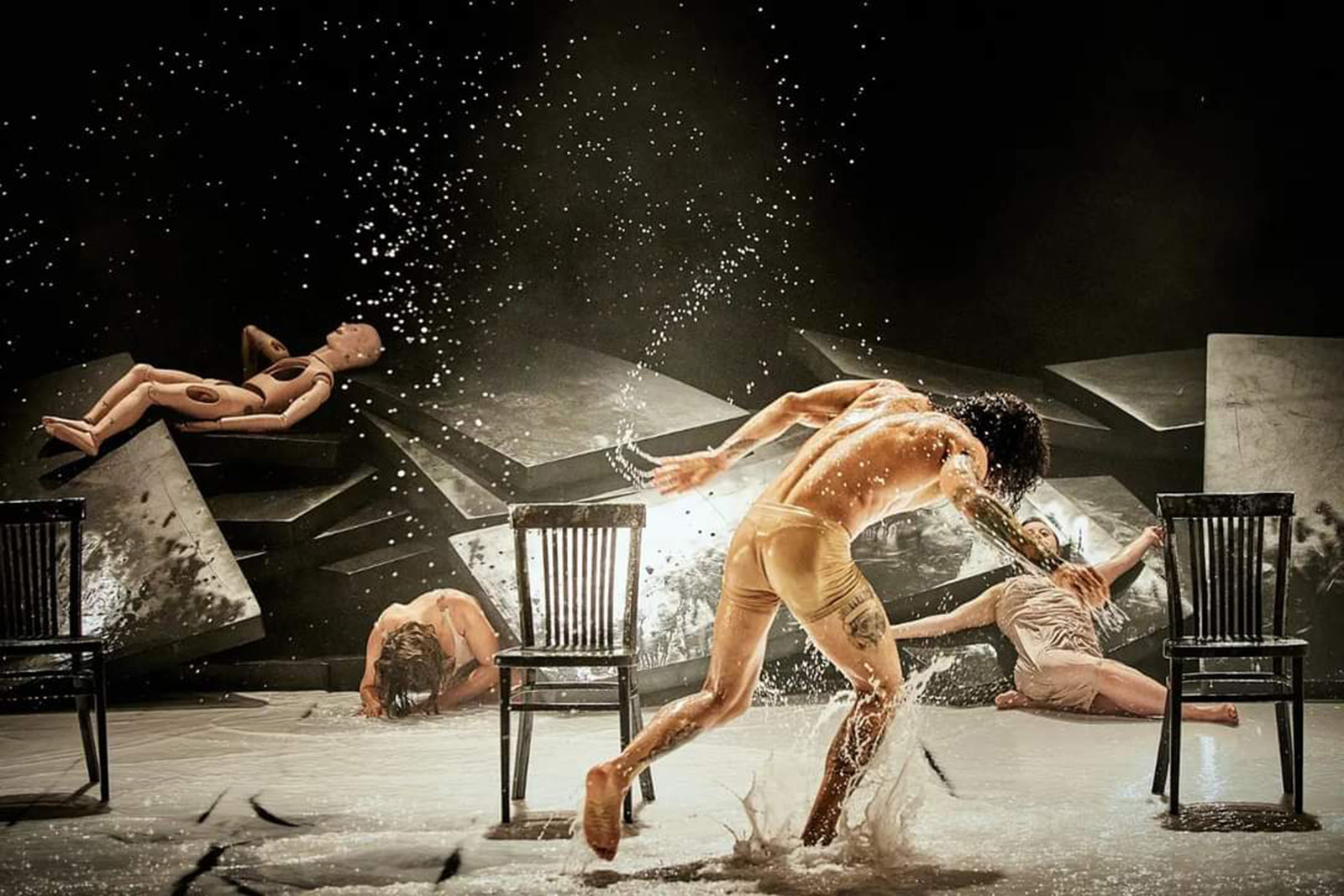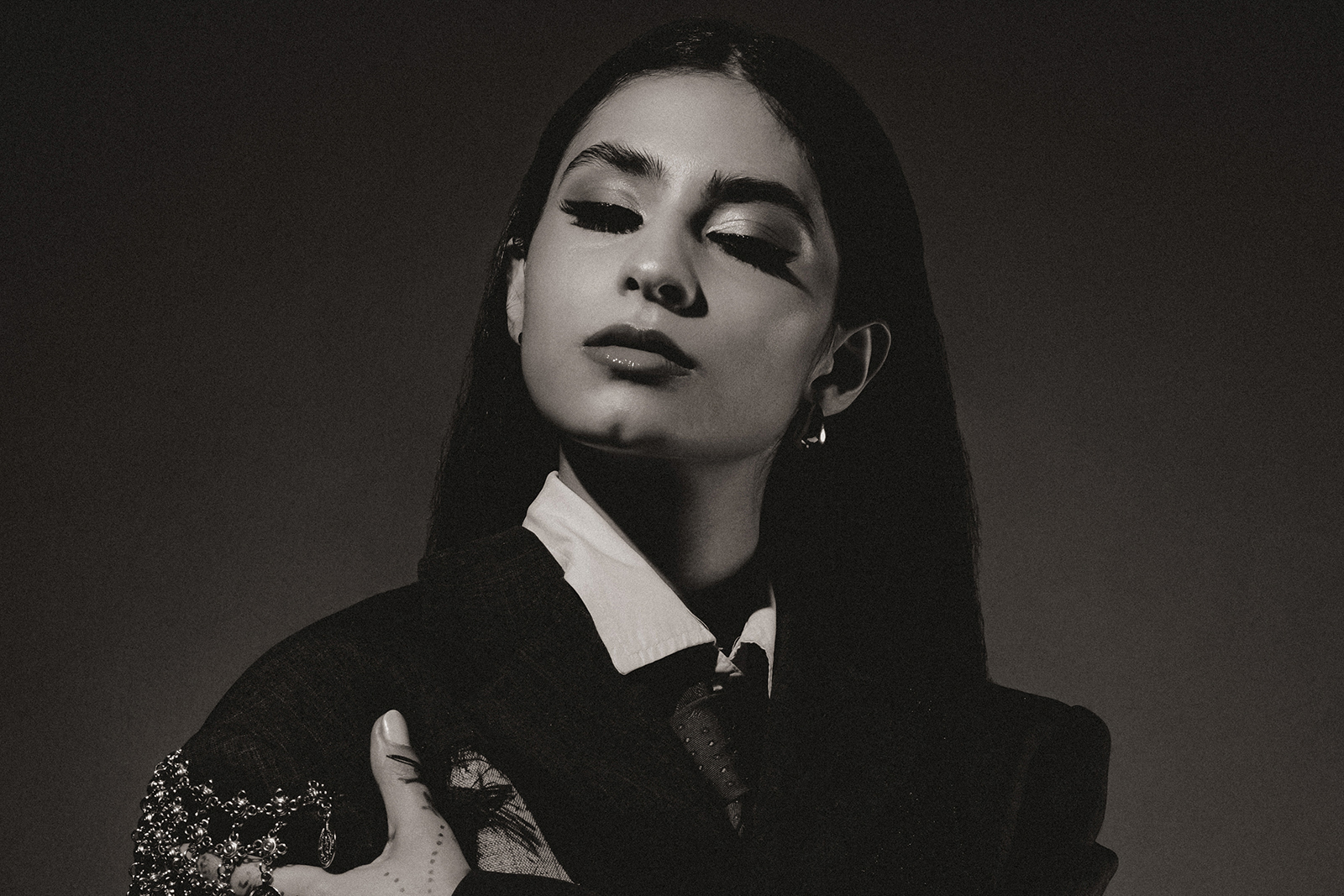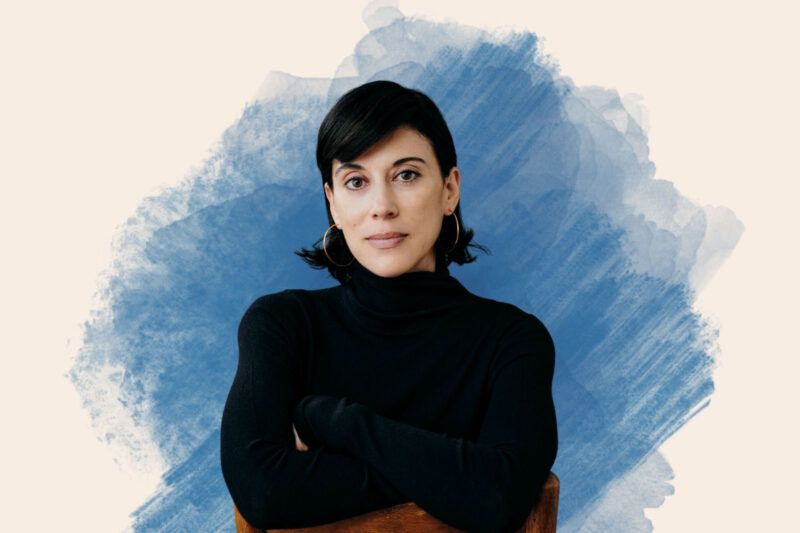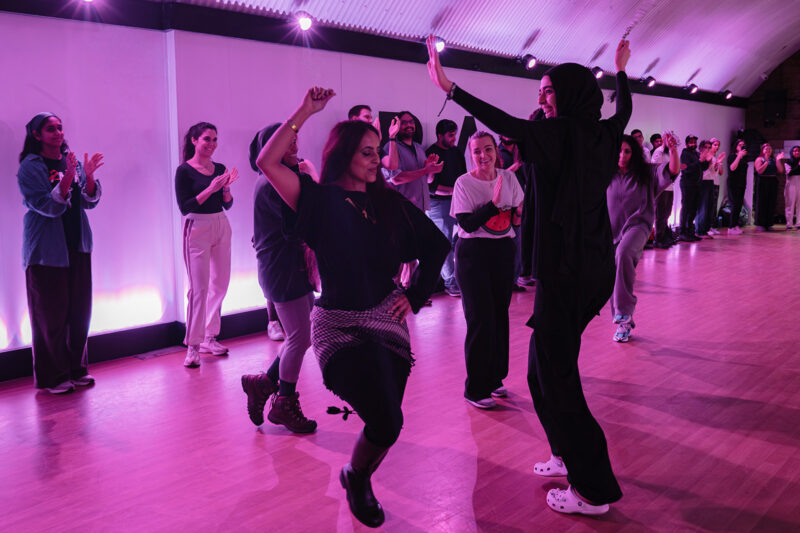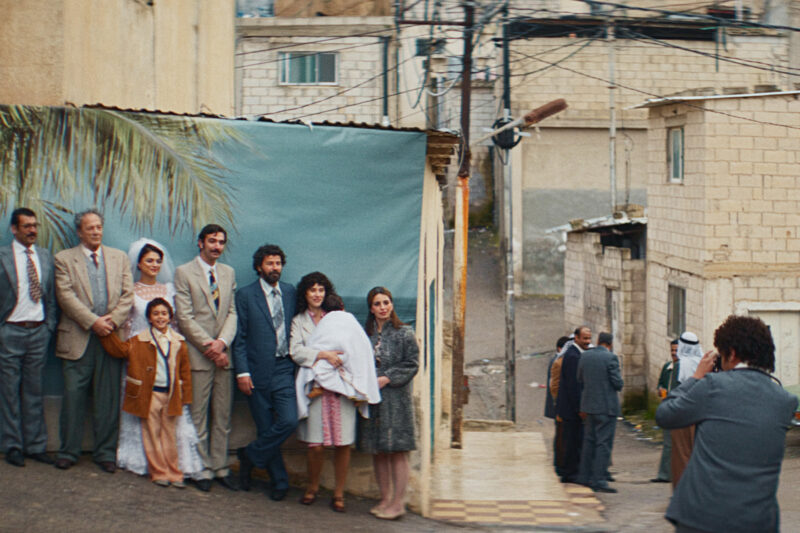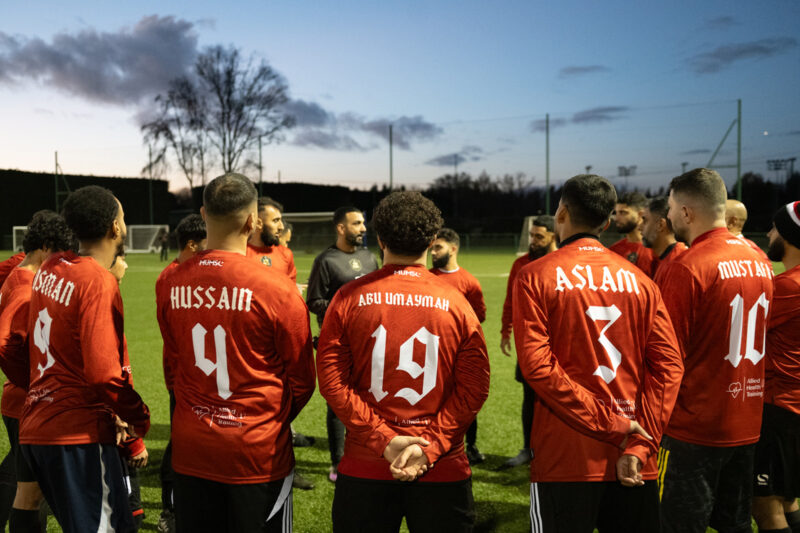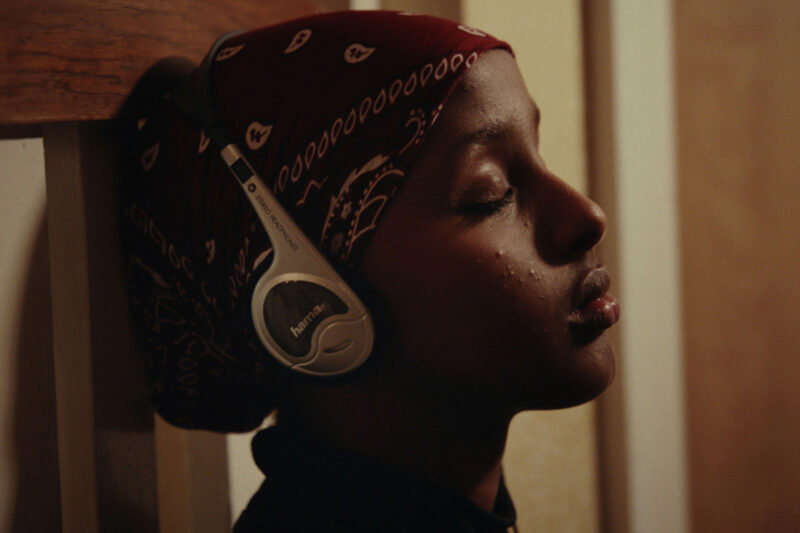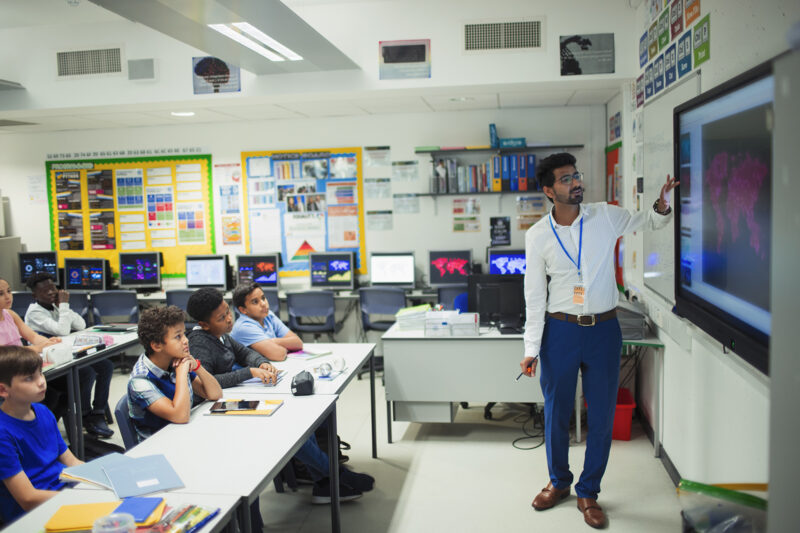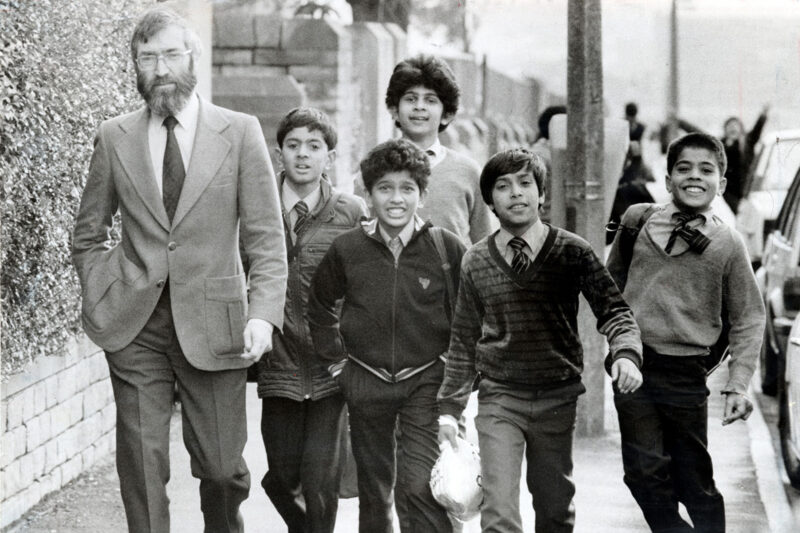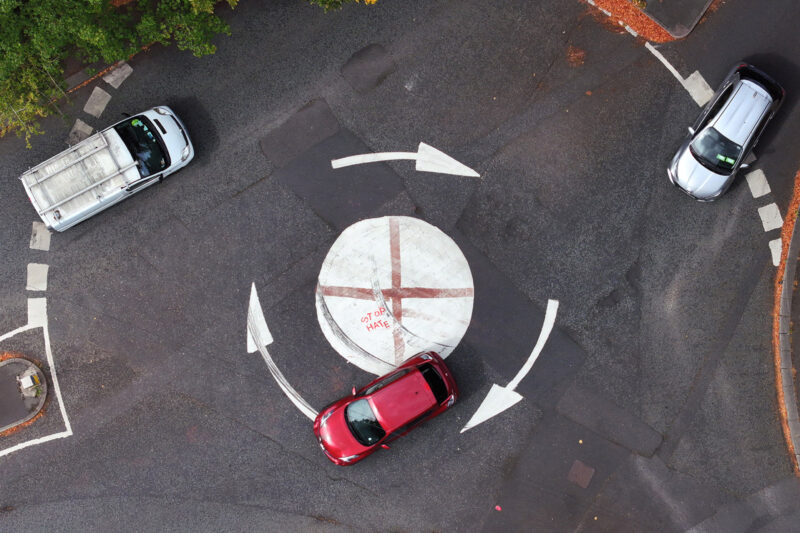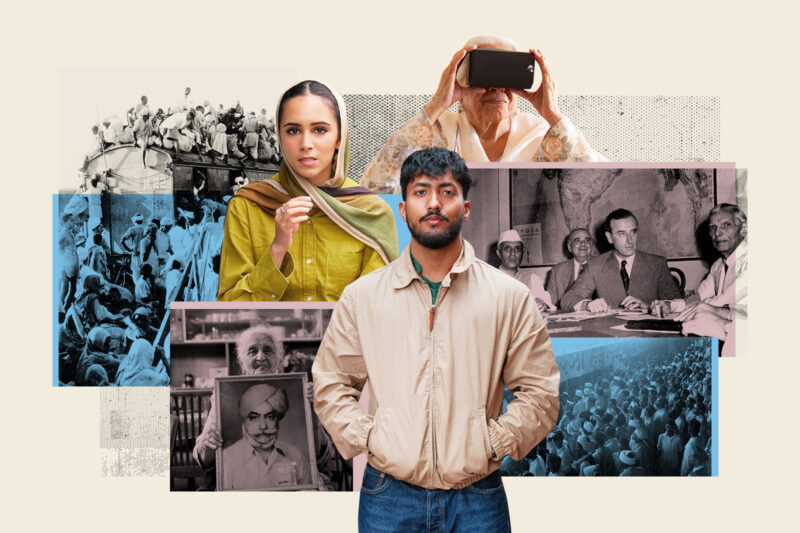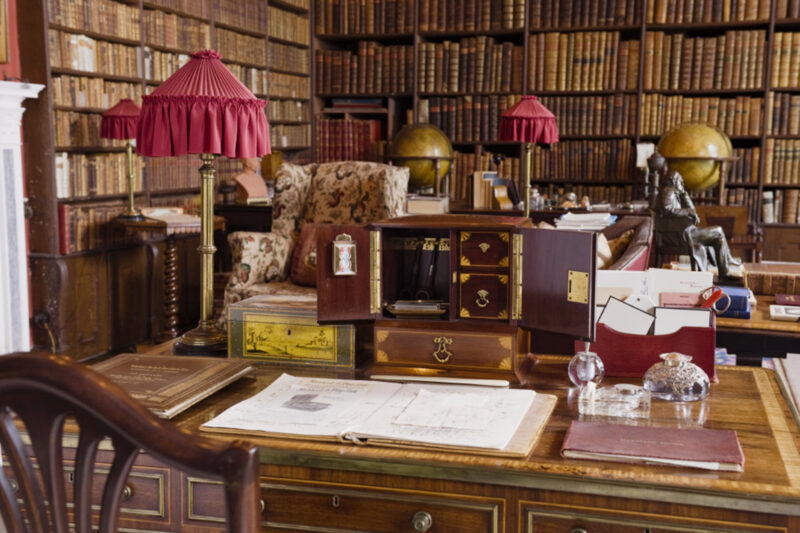The video game telling the story of the 1948 Nakba
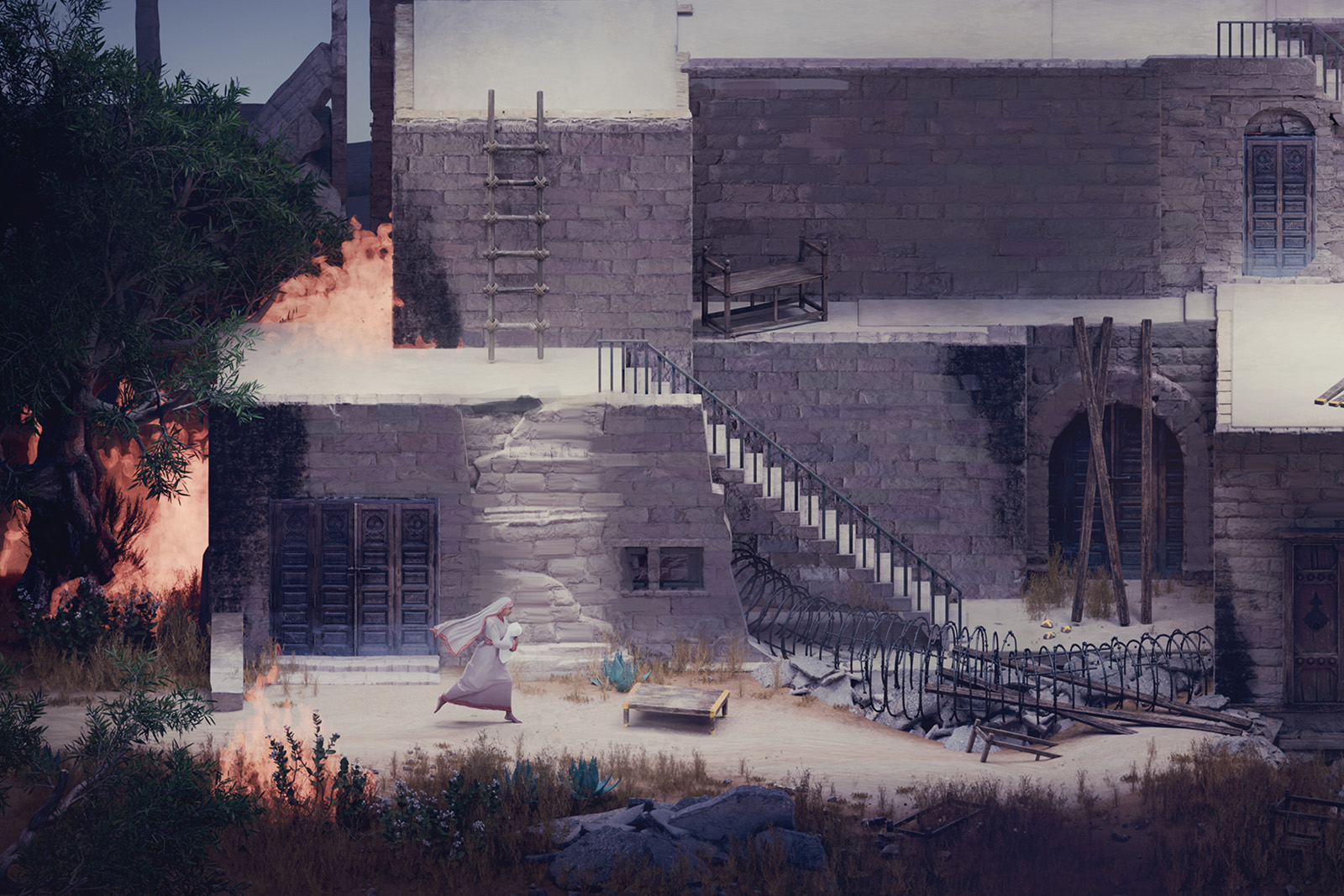
A Palestinian developer is fundraising for a game blending folklore and reality that shows the roots of the ongoing conflict
Video games can provide an escape from the world, but Palestinian developer Rasheed Abueideh’s latest game is achingly close to real life. “Just like my lead character, I am also struggling to keep my family safe right now,” he says.
“Whether it’s forced displacement, or all the fatal attacks on resettlement camps, I’m living through the same horrors that my game depicts. It’s draining, as you can’t really switch off. I cry a lot,” Abueideh says. “Just yesterday someone was murdered by an Israeli soldier in my city.”
We’re speaking over the phone from Abueideh’s home in Nablus, a West Bank city that has faced increasing violence as Israel escalates its war and occupation. The award-winning game designer is three years into developing Dreams on a Pillow, based on the 1948 Nakba which violently expelled at least 750,000 Palestinians from their homes.
The game is a puzzle-based, side-scrolling platformer, which plays out like an arthouse Super Mario Bros. It tells the story of a mother (Omm) desperately fleeing a massacre in the Palestinian village of Tantura. She’s so grief-stricken from witnessing her husband’s murder that, while running to safety, she accidentally picks up a pillow instead of her own baby. The rest of the action centres on the search for her child as she comes to grips with her loss.
Embracing both folklore and reality, the game and the image of a pillow serve as a conduit for dreamscapes that toe the line between nostalgia for the tranquillity Palestine once enjoyed and surreal nightmares that represent the dread of citizens living in constant conflict.
One exclusive preview video shows Omm sneaking past guards from the Israel Defense Forces who are patrolling her village, having to delicately use a zip line to transport her pillow so it doesn’t create too much attention.
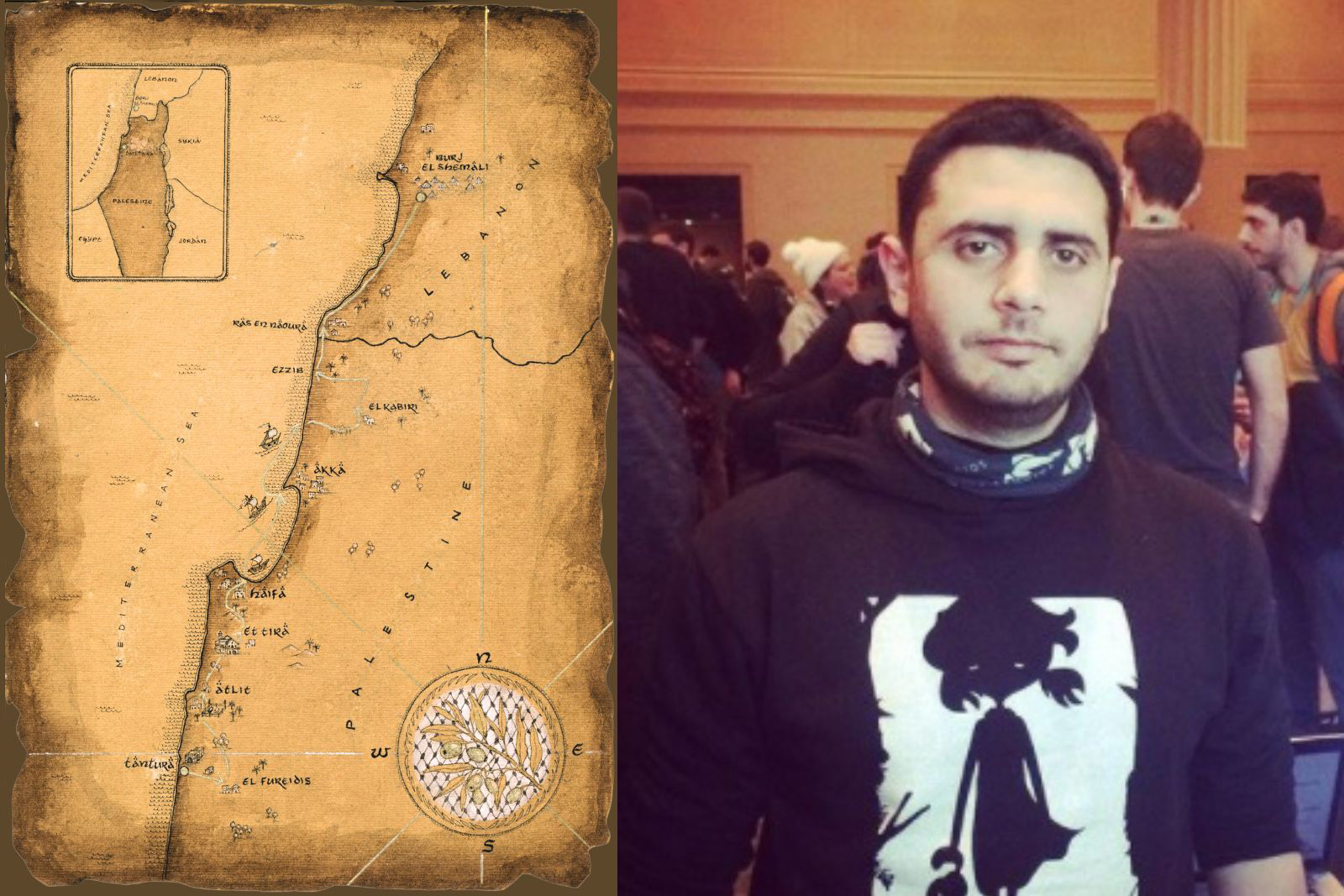
“We’re using the pillow to represent the lost dream of Palestine and also the future dream as well,” explains Abueideh. “Our lead character uses the pillow as a safety anchor, so her mind can cope with the awful things that’ve happened to her family. She only ever experiences peace while holding on to the pillow. If she leaves it behind, then all she will see is nightmares.”
The game is about processing generational trauma with faith, love and a lot of patience. Abueideh, 41, says it has been rejected by major publishers and international cultural grants “hundreds of times” because of its subject matter.
Related content
He’s struggled to get UK developers on board, but is seeking public donations to fund the project. “There are no movies about Palestinians and rarely any games either,” he says. “This is all part of an ideology in western pop culture to remove Palestinians from the collective memory.”
Dreams on a Pillow is being made independently with a team of five developers based outside of Palestine, including in Europe. Fundraising has been facilitated by the platform LaunchGood, which prioritises investment in Muslim creatives and causes. This team has already secured half of the $500,000 (£369,000) goal needed to meet the game’s intended 2026 release.
Abueideh and the team are striving to show an accurate picture of pre-occupation Palestine. One new preview image shown to Hyphen depicts a peaceful couple fishing in a wooden boat amid lush, sky-blue waters — a scene based on descriptions from the development team’s elderly Palestinian relatives.
“We’re showing life before the Nakba and how peaceful Palestine once was,” Abueideh says. “Why can’t we return to that reality?”

Some of Abueideh’s earliest childhood memories are of playing games such as Missile Command on the Atari 5200 and, later, Super Mario 64 on the Nintendo 64. Dreams on a Pillow is a similar blend of warm colour and problem-solving puzzles.
Console gaming progressed to a passion for PC gaming, leading Abueideh to study computer engineering at An-Najah National University in Nablus. “Gaming for me has always been a magical experience,” he says. “It was always that one thing in my life I could actually control.”
In 2016 Abueideh independently released Liyla and the Shadows of War, set during the 2014 Gaza War. It was initially rejected by Apple app store which deemed it “not appropriate” for the games category but, according to Abueideh, it was still downloaded more than a million times.
Related content
For Dreams on a Pillow, Abueideh is hoping for a wider release on mainstream consoles such as the Nintendo Switch 2 and Sony PlayStation 5.
Yet he knows his work comes with severe personal risks. A statement on the crowdfunding platform reads: “A clear plan for the completion of the game has been put in place to ensure continuity in the case of Rasheed’s disappearance, injury or demise at the hand of the continuously expanding Israeli aggression in the West Bank.”
“I’m so exhausted by the current conflict. Yes I’m scared, but I’m also a little too tired to be scared,” Abueideh says. “What will be will be.”
He hopes for a better future for his family, and says he cannot stay silent. “I have this responsibility to help people understand the truth about the occupation of Gaza.
“I’m not trying to present the Nakba as ancient history, because what happened is still our daily life here today. I believe we can only understand what’s happening in 2025 by exploring the roots back to 1948. That’s really what Dreams on a Pillow is all about.”
You can support Dreams on a Pillow here.
 Newsletter
Newsletter


